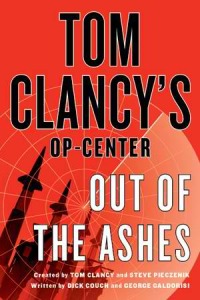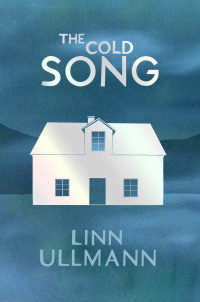Traitor by Stephen Daisley
 Friday, June 6, 2014 at 10:12AM
Friday, June 6, 2014 at 10:12AM 
First published in Australia in 2010; published by New York Review of Books on March 18, 2014
Traitor is the powerful story of a man's life before and after he makes the fateful decision suggested by the book's title. It is also a fiercely honest character study told in spare prose that is often exquisite.
Traitor begins with Sergeant David Monroe awakening on a hospital barge near Lemnos in 1915. He escaped death on that occasion but, 50 years later in New Zealand, he is approaching a natural death. Reviewing the files of potential subversives as a national security precaution (New Zealand is about to commit troops to the Vietnam War), the police question Monroe about his desertion from the military in 1915 and the assistance he gave to an escaping prisoner of war on Lemnos. Initially sentenced to death for treason (a sentence the Australians, who had the only rifles, refused to carry out), Monroe served out the war as a stretcher bearer before receiving a full pardon. Since then, he has been a shepherd, living alone, rarely speaking to anyone but his horse and his dog. Yet the interrogation opens a floodgate of memories.
The memories force frequent time shifts in the novel from the present to scattered moments in the past. Some pre-war memories are of his parents. Some post-war memories are of a woman named Sarah, whose son died in David's arms during the war. Some memories are of Sarah's daughter, in later post-war years. The most important memories are of David's time during the war with Mahmoud and their conversations about life and fate and free will, about right and wrong, religion and faith. They tell each other stories and try to find their meanings. Ultimately, Mahmoud helps David find meaning in a life that is surrounded by death. "You are God," Mahmoud tells David. "We are all gods." Stephen Daisley leaves it to the reader to work out the meaning behind Mahmoud's philosophy.
The first time David sees Mahmoud, he is stunned to find a Turk who speaks perfect English trying to save the life of a fallen Australian. The next time he sees Mahmoud, they are both in a field hospital in Lemnos. Mahmoud and his devotion to Islam make an impression on David and the two enemies begin to treat each other as friends. The degree to which David is mentally stable is not always clear, but it is clear that the ordinary and extraordinary suffering he endures in the war has taken its toll on him. It is also clear that, while Mahmoud is regarded by David's nation as an enemy, he is also David's salvation. "You are the cure within the pain," Mahmoud tells him. "The loyalty in betrayal."
Daisley sets this atmospheric novel in its time by having David read the headlines on the newspapers that line his cottage walls. The technique reminds us that history is both momentous (war) and trivial (rummage sales). It also reinforces the image of David as an isolated man who is bombarded by unstoppable memories. "To remember is the way into purgatory and perhaps too, the way out," David tells Sarah, and that is Traitor's defining lesson. At its heart, Traitor is a story about healing.
David tells Sarah she is "encased in the prison of your grief" and while that description applies just as well to David, the story offers the hope of redemption. Traitor is written in a somber tone, sometimes in fragmented sentences that represent the nature of memory and thought. The reliability of some of David's story is questionable (his memories of Sarah, in particular, are inconsistent) but there is fundamental truth in David's story even if his memories are inaccurate. This is a sad story but the sadness is not oppressive.
In addition to its fine prose and close study of its primary characters, Traitor is worth reading for its recognition that core values of human decency and the ability to connect with another person transcend nationality and religion and the politics of the moment. Yet the story reminds us that values come with a price. The only thing worse than being true to your values is having none. It is possible to question the decisions David makes in the confusion and agony of war, but Daisley also makes it possible to understand and accept David without judgment, and to care about him.
RECOMMENDED



